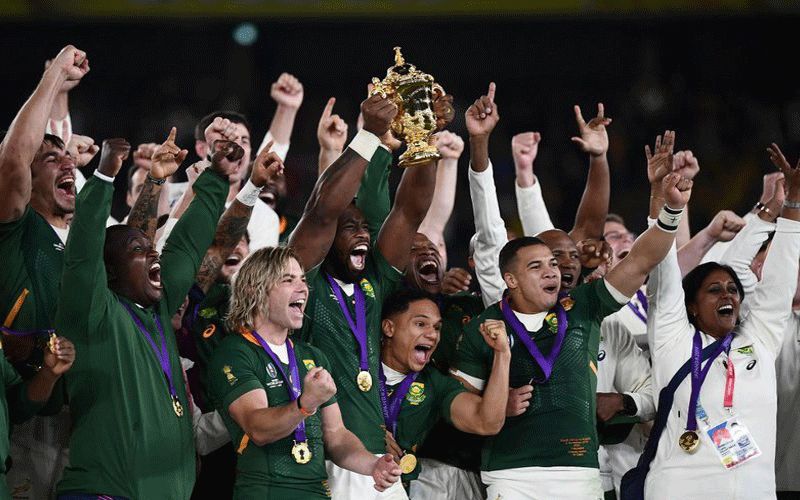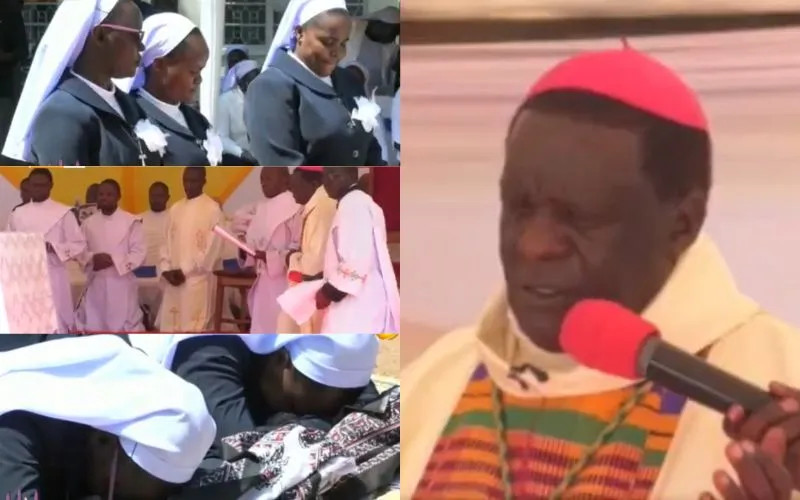The South African rugby team, Springboks, was crowned world champions after an emphatic 32-12 victory over England in Yokohama Japan. This is the third victory for South Africa at the Rugby World after winning the competition in 1995 and 2007.
“On Saturday in Japan, we saw a squad which represented our “Rainbow Nation. Our players played as a united force, aware of the fact that they represented our troubled and divided nation,” he said.
“We have been going through a difficult period as a nation,” he said referencing the challenges his country has experienced in recent past and explained, “Crime statistics are high. We suffer from high unemployment, poverty, inequality, drought, high fuel prices and an economy which is not growing and is not able to create jobs.”
The Bishop recalled his own negative past occasioned by the experience of racial discrimination stating, “I am one of those, who in the old days of apartheid, would jump and sing at the defeat of an all-white cricket team, white boxers and an all-white rugby team. I opted to support, for example the Indian Cricket Team, the American boxer John Tate and the All Blacks, since they included black players!!!”
However, Bishop Phalan said, “recently, I am one of those who have been campaigning for SA Rugby to remove the Springbok emblem, which for me, represents rugby as the Afrikaners’ second religion. As I see more transformation and a willingness of many Afrikaners to make peace and to reconcile, I am no longer adamant that the emblem should be removed.”
“It is important that those involved at the various levels of sports promote human and religious values which form the foundation of a just and fraternal society,” Bishop Phalana said referencing Pope Francis’ address to members of the European Olympic Committee in November 2013.
“The language of sports is universal; it extends across borders, language, race, religion and ideology; it possesses the capacity to unite people, together, by fostering dialogue and acceptance,” the South African Bishop concluded.
Anglican Archbishop and Nobel prize winner, Desmond Tutu, has also testified that the win by Springboks has brought optimism in his country.
“Though there has been much progress since the dark says of apartheid, South Africa remains one of the most unequal countries in the world, and deep tensions remain. The win has provided a welcome moment of optimism,” Archbishop Tutu who also fought against the country’s anti-apartheid regime has been quoted saying.
“We are a special country, and an extraordinary people. On days such as this we understand that when we pull together the sky is the limit. When we believe in ourselves we can achieve our dreams,” Archbishop Tutu added.








